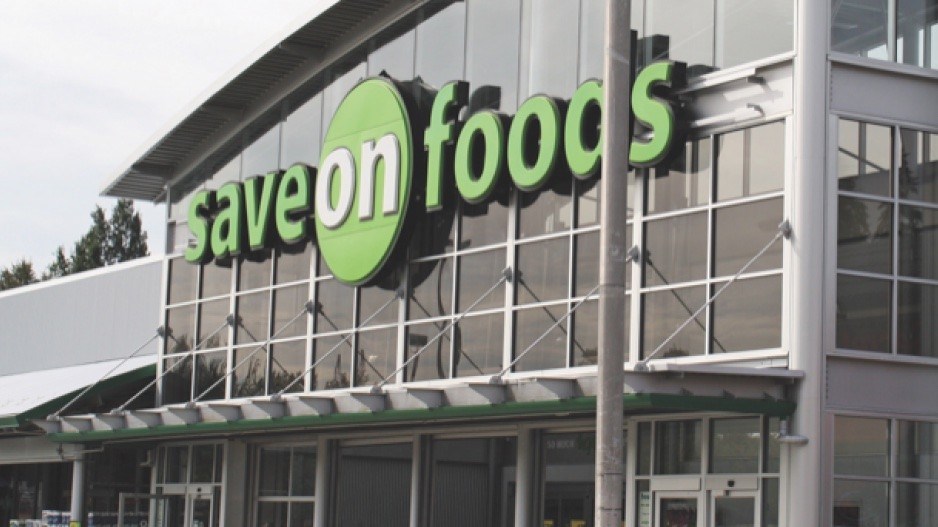High inflation isn’t ideal for getting shoppers to open their wallets. But experts predict inflation isn’t exactly going to hurt retail real estate going into next year.
Vacancy rates at retail spaces in strip malls, neighbourhood centres and big box stores are set to decline one to two per cent over the next two years.
That’s according to a Dec. 6 report from Colliers Canada that attributes the expected success of these open-air locations to people shopping for necessities.
Stephanie Hannon, senior vice-president and national lead with Colliers Canada, says these spots are providing must-have goods like groceries and personal care.
“Necessity-based retail, despite low consumer confidence, is much more stable than retail overall,” said Hannon who works in retail services and real estate management services with Colliers.
Looking back on 2023, 42 per cent of open-air retailers say it has been a profitable year, with 65 per cent predicting that 2024 will be profitable as well, according to the Colliers report.
The findings are also relevant to Metro Vancouver, according to Susan Thompson, associate director of research with Colliers.
“We saw relatively low yet slightly increasing vacancy in suburban –particularly grocery-anchored shopping locations – versus higher vacancy in urban high street type locations, and this was particularly driven by necessity-based consumer requirements,” said Thompson, referencing Metro Vancouver.
Looking back on 2023, 42 per cent of Canadian open-air retailers say it has been profitable year, with 65 per cent predicting that 2024 will be profitable as well, according to the report.
“Necessity based retail, despite low consumer confidence, is much more stable than retail overall,” said Hannon, who works in retail services and real estate management services with Colliers.
“Vacancy rates overall are increasing, but if you boil down to necessity-based retail they're actually decreasing. When discretionary spending is impacted, we find that necessity-based retail still remains extremely stable.”
As consumer confidence decreases and households continue to navigate high inflation, buyers are being more specific about what their retail needs are, said Hannon.
The overall retail vacancy rate across Canada has risen from 7.1 per cent to 7.5 per cent in the last three years. Open-air retail vacancies, meanwhile, have fallen from 6.6 per cent to 4.3 per cent during that same period.
Nationally, 41 per cent of open-air retailers are interested in engaging with the owner and manager on ways to increase profitability such as the creation of a website to go alongside the brick-and-mortar retail store, according to Colliers.
Retailers in the province may also find opportunities for new space thanks to potential mixed-use developments built under the BC NDP government’s recently passed housing bills, said Thompson.
“[Retail] is often incorporated into those residential towers or master-planned communities. It's going to be interesting to watch how these housing policy announcements drive the additional development, and that may create increased opportunities for retail locations in prime target communities,” she said.




